AUGUST 11, 2002 · ADAPTED FROM GINA POTTENGER
“It's the hardest, most awesome thing I've ever done in my life.”
Levi Millington is serious about this claim. He found help from a drug addiction at Reconciliation Ministries in Columbia, South Carolina. Now, in the final stage of the program, he’s walking with and assisting others on that same path to freedom.
“I'm so passionate because my life was a mess,” Millington explains as he describes his time at Reconciliation. “It’s been so fulfilling and so rewarding.”
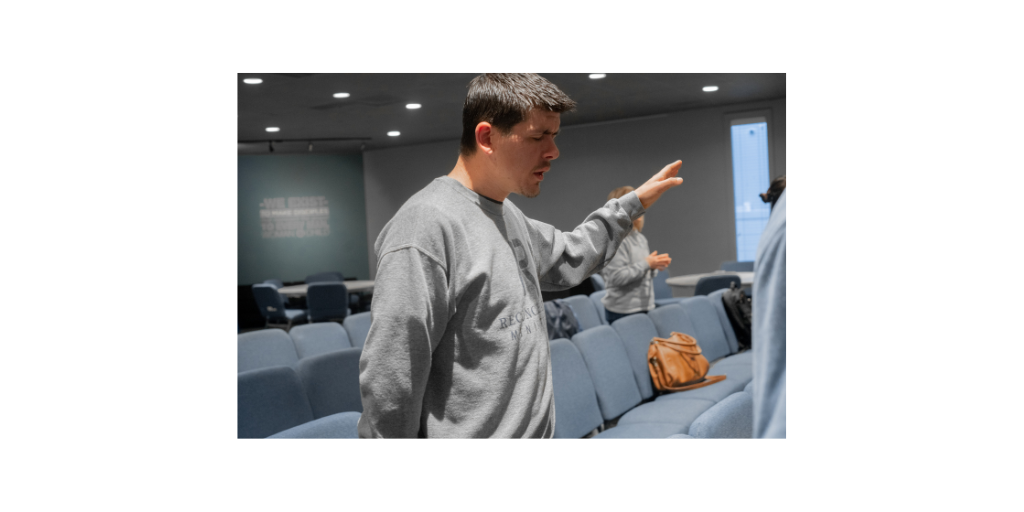
Reconciliation Ministries is a 15-month, residential, Christian discipleship community that serves people working to overcome substance abuse. The ministry helps people dig deep to address the root cause of addiction: separation from God. Since its inception in 2017, 187 students have given their lives to Christ, 43 students have been baptized, and 24 students have graduated from the program.
Reconciliation leaders plan to expand the ministry’s presence in Columbia and plant a Church of the Nazarene.
Lucky Detty, founder and director of operations for Reconciliation Ministries, modeled the ministry on his experience as a student in another residential rehabilitation ministry. He, too, has experienced what it is like to walk through addiction and recovery. In that dark time, he spent a lot of time praying, questioning God, and crying. His marriage fell apart and he didn’t see his daughter for two years. Now, having come through that process, Detty can meet students right where they are.
“I was dead in my trespasses and sin,” he says. “In that moment, Christ died for me, and now I can tell other people about that same love and sacrifice. And to me, that's the best part of the story.”
Ashley Arrington, Reconciliation’s executive director, graduated from Olivet Nazarene University. Arrington initially moved to Columbia to work at a Nazarene church in an outreach ministry to students. That ministry eventually transformed into the recovery center.
While getting the ministry off the ground took a lot of effort, today Reconciliation Ministries has 25 two-bedroom apartments with the capacity to serve 28 men and 9 women in separate facilities.
The 15-month program is an intense time of self-discovery. Most participants enter it after they have hit rock bottom and lost everything, including their most important relationships. In Phase 1 of the program, students build a new spiritual foundation for their lives. In Phase 2, they focus on mending broken relationships. In the final phase, students work toward reintegrating with the outside world, but, this time, as Christian leaders.
At Reconciliation Ministries, Millington and other students learn that their addictions are rooted in a deeper need. Addiction is actually a symptom of the brokenness all humans experience when separate from God. By addressing this fundamental relationship, students come to know freedom and experience transformation as a gracious gift of God.
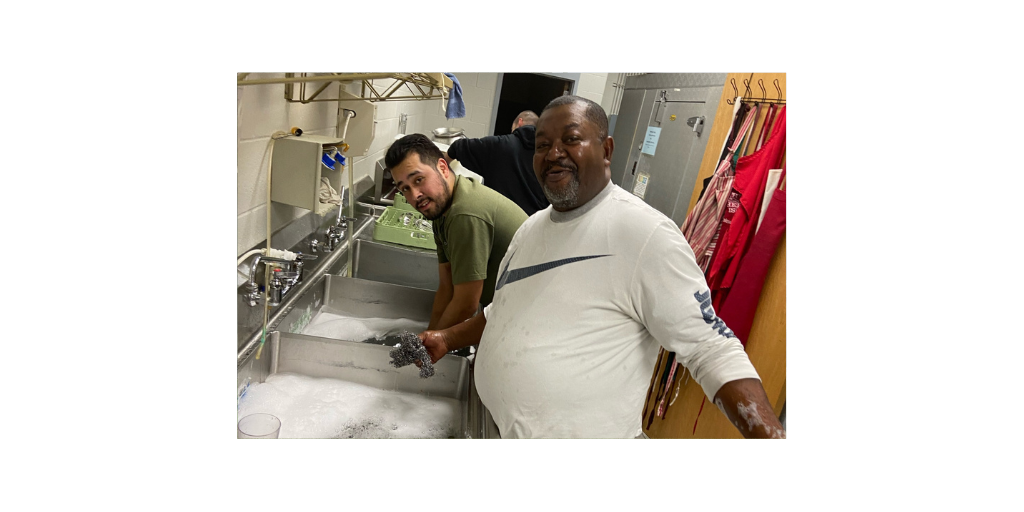
As they near the end of the program, students begin the search for housing and meaningful jobs. Word has begun to spread among local businesses that those who complete the program make good employees, creating high demand for their services. Meanwhile, apartment space in the ministry-owned buildings is reserved for renting to graduates. Students, like Millington, who have completed the program, then serve others as interns of the ministry, providing counsel to students and helping them find jobs to begin a new life.
The staff at Reconciliation are convinced that their efforts will have a ripple effect for years to come.
“We always say we’d much rather have quality over quantity,” Arrington says. “We’d rather help people for years to come—really for generations because the kids’ lives are changed as well.”
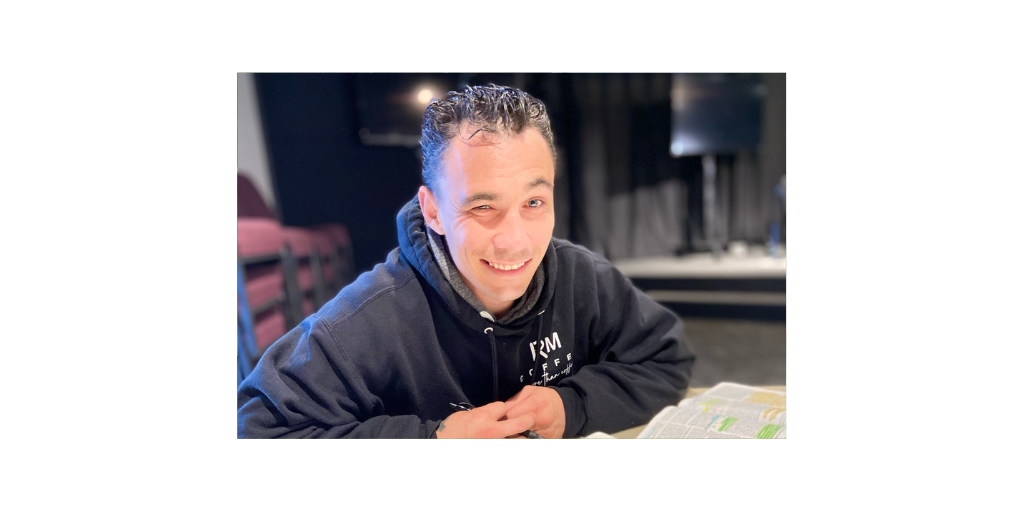
This article adapted from the latest issue of NCM Magazine. To read in its entirety, click here. Reconciliation Ministries is open to anyone seeking freedom from addiction, not only residents of South Carolina. If you would like to learn more or reach out, visit reconciliation-min.org or call 803-727-4697.

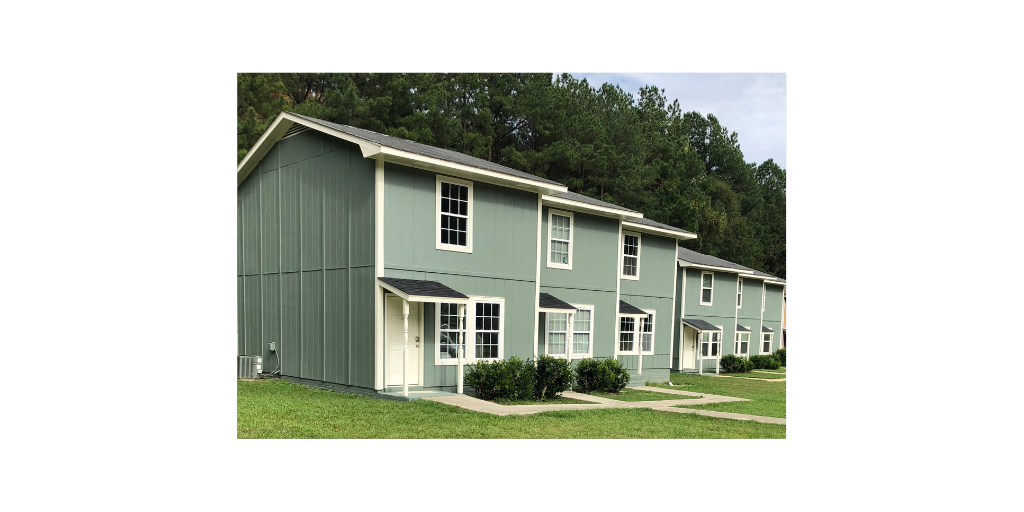
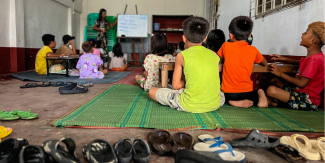
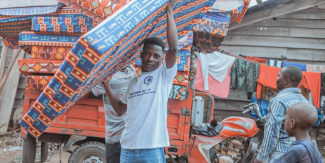
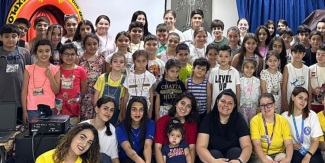


Add new comment